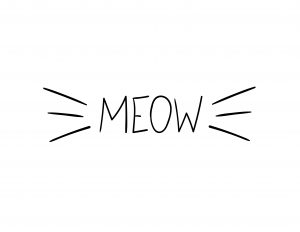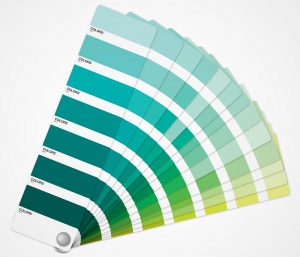Scratching my head, trying to come up with a blog idea, I went to Evernote to check out some of my random blog ideas, and I came across a link to 204 Words to Describe Colours (the article is out of South Africa, they spell like the British). Then I hit the links for taste and touch by the same author. I’ve been longing to do another Ode to the Thesaurus, and the five senses seems like a good idea to me – all I need is sound and smell. Low and behold, their links were in with the first three senses!
As someone who generally explains things, throwing around a lot of fancy words can cause confusion – so I generally try to stick with basic language. On the other hand, precision and/or the use of analogies can call for a trip to the Thesaurus to find the word for the exact shade of red (cherry, burgundy, or maybe scarlet) or since of stickiness (gooey, tacky, clammy?).
I may not use my Thesaurus often in my work, so why not in play?
Let’s Play with Words
I remember being amazed the first time I read a book that told a story I could see in my head. That was when I started to really understand the power of well-used words. They have personality.
When you say something feels coarse, is it gritty (from sandy to gravely) or scaley? Alternatively, something can be slick because it is oily, icy, or simply incredibly smooth. Soft could be squishy, hairy, or cushioned. Soft actually has lots of great F descriptors: feathery, fleecy, fluffy, furry, and fuzzy to name a few.
 There are so many great words for sounds. Something can emit a soft hum or a piercing screech. I suggest you be wary of things that go bump, clang, or groan in the night. And if you hear a muffled mewl from your closet, may I suggest that your cat is trapped?
There are so many great words for sounds. Something can emit a soft hum or a piercing screech. I suggest you be wary of things that go bump, clang, or groan in the night. And if you hear a muffled mewl from your closet, may I suggest that your cat is trapped?
Even though there are only five taste types – sweet, bitter, sour, salty, and savory – there are some fabulous adjectives for them. From watery to acidic, mild to spicy, sharp to syrupy, food can be mature, ripe, robust, or tart. Describe it well.
Smells themselves are pretty dull words. Take the thing you’re smelling, add a ‘y’ and you’ve probably named the smell: earthy, minty, woody, and so on. It is the types of smell where the wordplay takes off. An aroma is pleasantly strong while a reek is hideously strong. Scents can range from faint to powerful and contain whiffs of different elements. The stench of a locker room can be pungent, rank, or downright nauseating. A bakery, however, is likely to have the comforting smells of fresh bread, fruity treats, and rich chocolate.

For the most part, how we describe what we see starts with color. My favorite color is green. Not just any green, the deep, regal, royal, jewel-toned greens. Sea green, evergreen green, deep greens. I’m not a fan of grass green, pistachio, or olive drab. Not every green is my type of green, so it’s important to get it right. Same with blue, red, purple, and the rest. Is it sky or peacock, pink or burgundy, mauve or amethyst, lavender or lilac? And all those in-between colors! Teal, magenta, crimson, and dun (brown-grey)! And I learned something new, livid is an actual color. I used to think a “livid looking bruise” was a big nasty bruise. Nope, livid is dark purple or blue-grey – so, fresh-bruise colored.
Citrus, a Wonderful Word
If you tell me something is citrusy, first I want to know if you mean taste or smell. For taste, can you name the citrus or is it just that hint of something tart? For smell, again, can you name the fruit, or is it one of those blends that just makes people happy?
Citruses are also good for colors. Lemon yellow, lime green, that unique red of a ruby grapefruit.
What’s your favorite sense description?
– Lorrie Nicoles